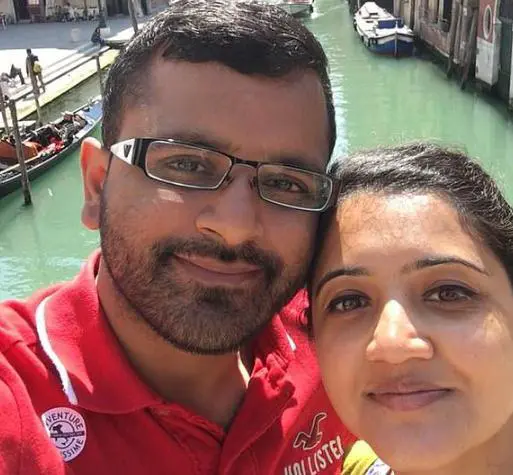By APD writer Adtiya Nugarha
Italy’s iconic tour destination city of Venice is on red alert for more floods and fierce winds these days after an exceptionally high tide swamped the city of canals, where authorities have declared a state of emergency.
Venice Mayor Luigi Brugnaro has ordered to close down the iconic St Mark's Square Friday as the latest sea surge struck with strong storms and winds battering the region.
The square reopened again on Saturday, but the city forecast a high water of 160 centimeters for Sunday, lower than Tuesday's high of 187 centimeters but still dangerous.
Civil protection authorities issued a weather "red alert" for the Venice region, warning of violent winds which can whip up the sea.
Churches, shops and homes in the UNESCO World Heritage city have been inundated by unusually intense "acqua alta", or high water, which on Tuesday hit their highest level in half a century.
"We've destroyed Venice, we're talking about one billion (euros) in damage and that's just from the other day, not today," Mayor Brugnaro said.
The Venice mayor Brugnaro has announced the opening of a fund where people in Italy and around the world could contribute to the historic city's repair.
The crisis has prompted the government to release 20 million euros (about US$ 22 million) in funds to tackle the devastation.
Italy Culture Minister Dario Franceschini warned the task of repairing the city would be huge. More than 50 churches had suffered damage, he said.
Residents whose houses have been hit are eligible for up to 5,000 euros in immediate government aid, while restaurant and shop owners can receive up to 20,000 euros and apply for more later.
Hotels reported cancelled reservations, some as far ahead as December, following the widespread diffusion of images of Venice underwater.
Serenissima, the Venice’s part known as floating city that received 36 million global visitors each year, saw the worst impact from the hotel booking cancellation.
Many, including Venice's mayor, have blamed the disaster on global warming and warned that the country prone to natural disasters must wake up to the risks posed by ever more volatile seasons.
A massive infrastructure project called MOSE has been under way since 2003 to protect the city, but it has been plagued by cost overruns, corruption scandals and delays.
(ASIA PACIFIC DAILY)
 简体中文
简体中文

